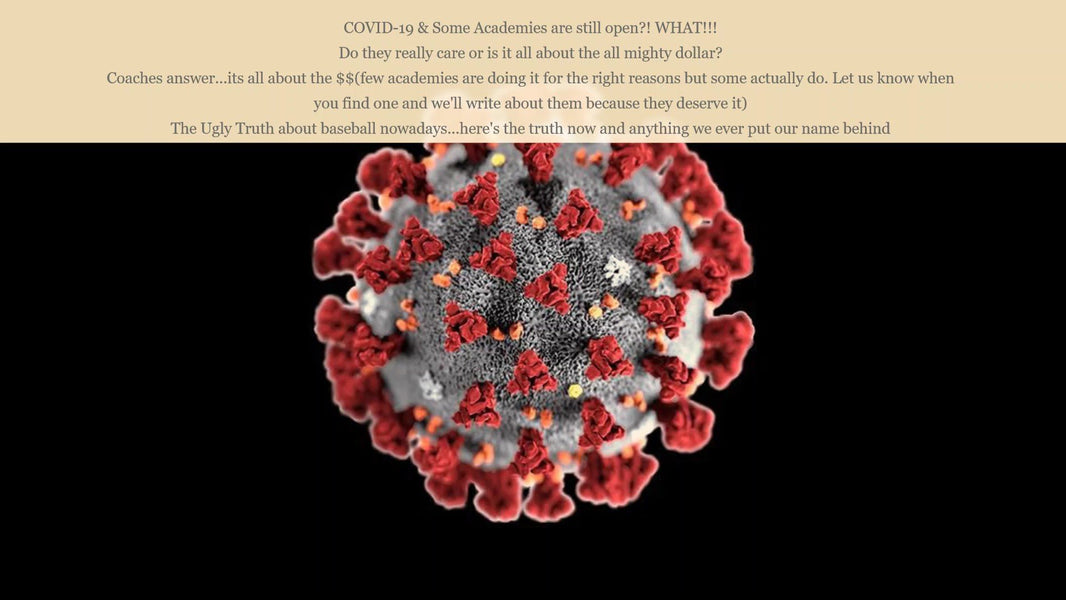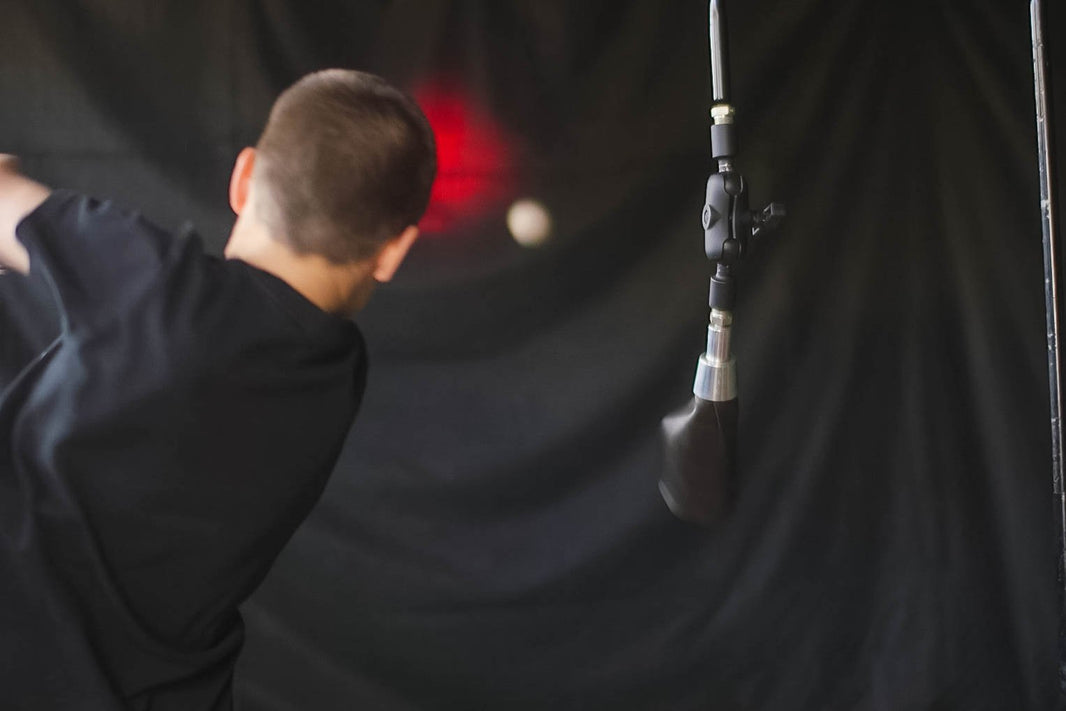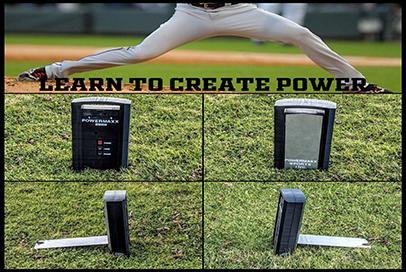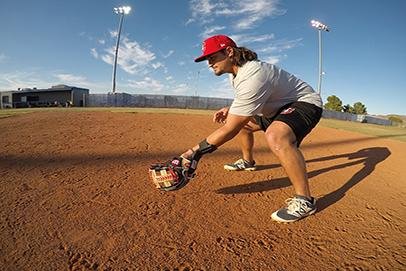The first thing coaches must do when setting up their practice plans for baseball is to write them down or put them into your phone notes. Having a written agenda will help avoid getting into practice and not knowing what to do next. Unorganized coaches waste time and kids will notice it and often get bored, the last thing that coaches want to have happened. Predetermined practice plans for baseball are especially crucial for having quality practices with advanced baseball levels. Without them, teams may not keep up with other teams at the s
It makes perfect sense that when I ask youth baseball organizations what they want me to cover when giving a coaching clinic, the answer is “How to run a practice.” Many coaches know the game but not how to run efficient practices so that a lot of their knowledge never gets out.


 Of course, the key to effective program is organization, another reason a detailed, written practice plan necessary. These practice plan for baseball should involve other coaches or adults available to use to break players into small groups. The ability to work on different drills and other aspects of the game at the same time keeps things moving and accomplishes more in the allotted time. Two-hour practices are a reasonable length of time for kids ten and above, with a half-hour less for younger players.
Of course, the key to effective program is organization, another reason a detailed, written practice plan necessary. These practice plan for baseball should involve other coaches or adults available to use to break players into small groups. The ability to work on different drills and other aspects of the game at the same time keeps things moving and accomplishes more in the allotted time. Two-hour practices are a reasonable length of time for kids ten and above, with a half-hour less for younger players.The pre-season practice plans for baseball should cover all aspects of the game from the fundamental skills of hitting, throwing, fielding, pitching, and base running to the strategic game situations like cutoffs and relays, run-downs, pick-off plays, bunt plays, and double-steal situations. Off-Season should involve more skill development with a gradual increase in in-game strategy work, as the season gets closer. During the season, focus shifts to the areas of play most needed, basing the practice plans for baseball on the teams ‘game-deficiencies. Coaches should take game notes to remind them of the things that need work at the next team practice. This preparation is necessary at every baseball level and a sign of excellent baseball coaching.
Suggested practice plans for baseball for start of the season:
Warm-up Fundamental Skills Strategy, Games
Practice 1 – 15 Minutes 1 hour & 15 Minutes 30 Minutes
Practice 2- “ 1 hour & 15 Minutes 30 Minutes
Practice 3 – “ 1 hour & 15 Minutes 30 Minutes
Practice 4 – “ 1 Hour 45 Minutes -Simulated
Practice 5 – “ 1 Hour 45 Minutes – Simulated
Practice 6- “ 45 Minutes 1 Hour – Intra Squad
Practice 7 – “ 45 Minutes 1 Hour – Intra Squad
* Warm-up time should include some running (baserunning) and throwing. Simulated games are pre-set game situations, which may or may not include the whole team. The advantage of simulated games is the ability to work on specific baseball situations. Of course, the amount of practice time for fundamental skill work and strategic game work is adjustable according to skill level, age of players, and the specific needs of the team.
Other practice plans for baseball ideas to implement:
- Baseball fundamentals and skill development should continue throughout the season for players of all ages.
- Homework on skill work is an excellent coaching habit, especially during the season, because much of the practice time is necessary for game strategy instruction.
- Coaches should not neglect warm-up time, as this is a great time to teach the fundamentals.
- Small group stations and relatively quick rotations are good when coaching help is available, especially for young kids.
- Reenacting plays until players do it correctly is another reliable coaching tactic.
- Coaches are responsible for protecting players’ arms as the season progresses, especially pitchers.
- Shortening the length of practices may be necessary during the hot summer months, so players do not tire physically or mentally.
- Coaches should take notes during games for the specifics of what their team should concentrate on at their future.
- A time for teams to learn and work hard.
- A time for experimentation, preparation, and progression.
- Not a guaranteed success maker, but it makes achievement and improvement possible.
- A commendable goal itself, regardless of the results.
- A way of keeping regret away because it helps players know they prepared.
- It is an avenue to knowledge of the sport and conditioning of the basic Baseball techniques for hitting.
- A time for team socialization and bonding.
Practice plans for baseball – implementation
- Explain the nature of practice. Impressive practice does not always lead to the desired game outcomes, and poor practices do not predict setbacks. You should remind players to not get discouraged or overconfident from practice. “Hey, it’s only practice; don’t beat yourself up over it,” and “Do not take it for granted, games are a whole other thing” are some of my typical statements.
- Plan workouts and tweak as necessary. Omissions occur with 0last-minute planning.
- Prepare captivating talks, drills, and exciting things, especially during the opening weeks of training. Hooking kids on the sport from the start is the key to their season-long
- Use video in early sessions. Kids love seeing themselves, and it helps them understand what they are doing and what they need to do.
- Remember to follow a written agenda, while something in writing designates what to do and the time limits for each segment. Supervised stations with reasonable time limits work well.
- Set objectives. Give coaches and players goals to meet at the start of every practice.
- Challenge players according to their ability. Often, the better players are bored or leave for another sport because of a lack of appropriate challenge.
- Avoid long lectures. Talking too long can become ineffective, as attention spans are short in younger athletes.
- Use game-like action and skill work for conditioning purposes. Instead of wasting time with non-sport specific activity during practice, coaches should use normal training in ways that enhance conditioning.
- Use pictures and demonstrations. An image can say more than a lengthy explanation.
- Give players strength gaining, sport-specific exercises from the first day onward to do at home. Continuing to work at home will help players advance more quickly.
- Have breaks. Giving players time to rest and develop friendships is essential.
- Use competitive contests, especially when kids appear sluggish. Contests spur interest and effort as much as anything.
- Begin with something exciting but save the things that players enjoy most for later in practice. Athletes may maintain more enthusiasm when they have something to look forward to.
- Incorporate variety into every get-together. Players grow weary from doing the same things. Find different ways and methods to keep them engaged.
- Make a note of what worked. That analysis leads to adjustments for the next time.
- Have players self-analyze and explain their actions. Doing so helps them absorb the correct concepts.
- Find the drills that counteract bad habits. These methods are often different from player to player.
- Encourage questions. End practice with, “Any questions?” and “Are you sure no one has any questions?” Coaches need players to have a clear idea of the things that need work, so it’s necessary to make sure they have that clarity and know kids feel comfortable to ask.
As you can tell, coaching to the best of your ability requires preparation and work. Those coaches who just wing it are short-changing the players and team. Other practice plans for baseball should involve the parents.
- Ask parents to inform you about any learning differences or behavioral issues. Some parents may be hesitant at first, but assure them that it’s best if you know, so you’re better equipped to help their child. When coaches see a player cannot sit or stay attentive for long, it helps with coaching patience and practice plans.
- Get advice from parents about working with their child.
- Inform parents of occasional “all fun day” team practices that their kids will not want to miss. They are an excellent way to relax kids and have what they are meant to be – fun.
- Explain the day’s agenda to players and parents when all have arrived. It’s helpful that parents know what players are working on and should practice at home.











